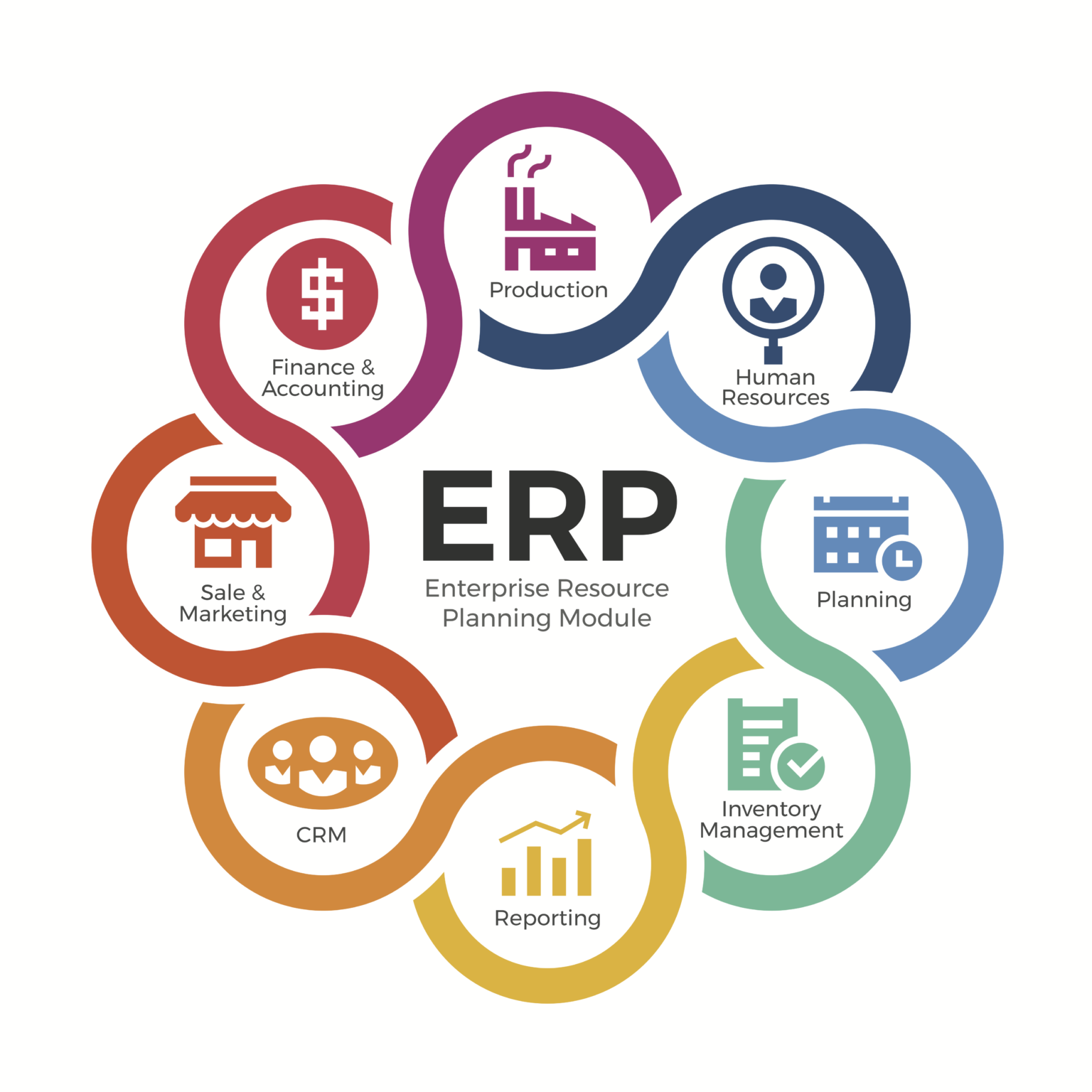What is an enterprise resource planning (erp) system?
An ERP system is a powerful tool that can revolutionize the way a company operates. It stands for Enterprise Resource Planning, and it encompasses a range of software applications that help manage various aspects of a business. From inventory and order management to accounting and HR, an ERP system can streamline processes and improve efficiency across the board.
Why Do Companies Need an ERP System?
The benefits of implementing an ERP system are numerous. One of the key advantages is improved productivity. By automating and centralizing business processes, an ERP system eliminates redundant tasks, reduces manual errors, and frees up employees' time to focus on more value-added activities.

Additionally, an ERP system provides real-time visibility into various aspects of a company's operations. Managers can access accurate and up-to-date information on inventory levels, sales performance, cash flow, and much more. This data-driven decision-making can help drive strategic planning and improve overall business performance.
Improved Collaboration and Communication
Another significant advantage of an ERP system is improved collaboration and communication across different departments and teams within a company. Instead of working in silos and relying on manual updates or email exchanges, employees can access a centralized platform that provides a single version of truth. This fosters seamless communication, reduces the likelihood of miscommunication, and promotes greater collaboration.
An ERP system also enhances customer satisfaction. With access to real-time data, customer service representatives can quickly address queries or concerns and provide accurate information on product availability and order status. This improves the overall customer experience and builds long-term loyalty.
Recipe for ERP Success
To ensure successful implementation and adoption of an ERP system, companies need to follow a well-defined roadmap. Here are some ingredients for a successful ERP journey:
1. Clear Goals and Objectives:
Define specific goals and objectives that the ERP system should help achieve. This could include reducing costs, streamlining processes, or improving customer service.
2. Engage Leadership:
Gain the support and active involvement of top leadership. This creates a sense of accountability and ensures that the necessary resources are allocated for the ERP implementation.
3. Thorough Planning:
Plan the implementation process meticulously. This involves identifying key stakeholders, defining timelines, and allocating resources accordingly.
4. Adequate Training and Support:
Provide comprehensive training to employees to ensure they can effectively use the ERP system. Ongoing support and guidance should also be provided to address any challenges or questions that may arise.
5. Continuous Monitoring and Improvement:
An ERP system should be viewed as an ongoing process rather than a one-time implementation. Regularly monitor its performance and seek feedback from users to identify areas for improvement.
In conclusion, an ERP system is a vital tool in today's business landscape. Its ability to streamline processes, improve collaboration, and provide real-time insights can significantly drive operational efficiency and business growth. By embracing an ERP system, companies can stay competitive, meet customer demands, and pave the way for future success.